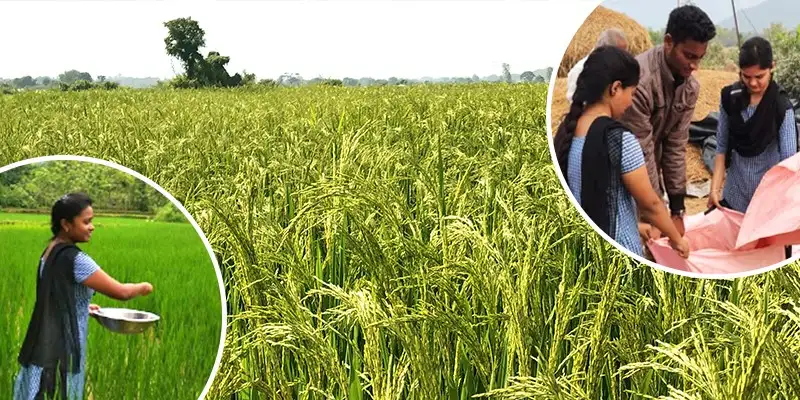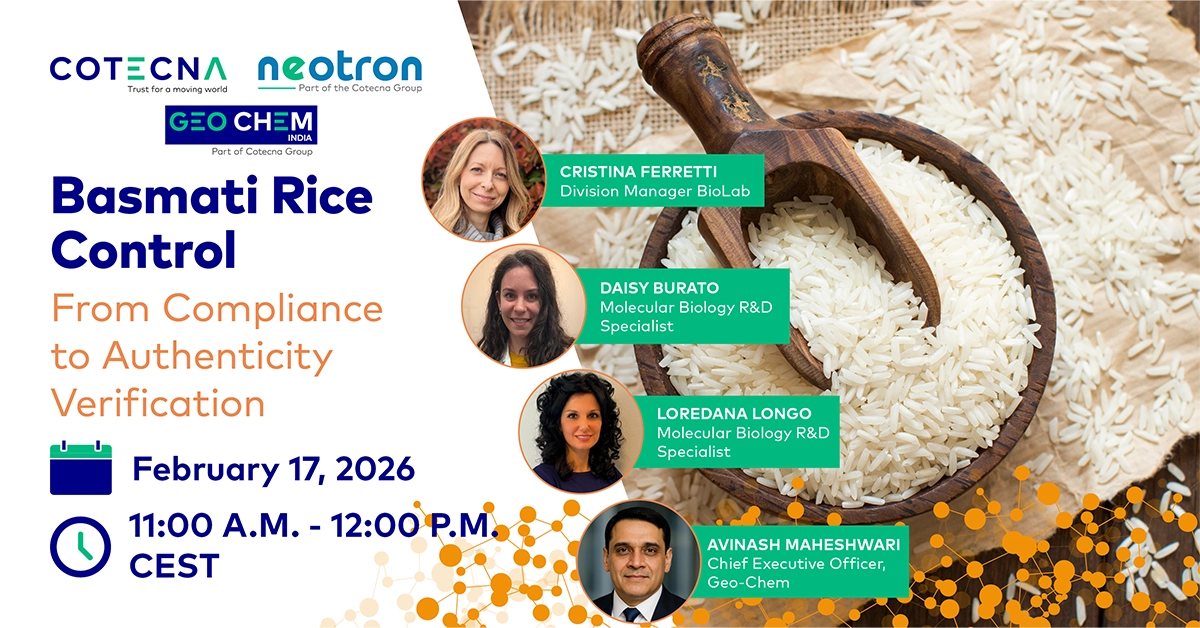Tags
From farm to fork: Odisha University is skilling students to improve yield of diabetic-friendly rice
Students pursuing BSc (Hons) Agriculture, MBA (Agri Business Management) and MSc in Agriculture are engaged in handling production and marketing of the rice which can help agripreneurship units thrive
Rajlakshmi Ghosh

At a time when diabetes has become a lifestyle menace, a university in Bhubaneswar, Odisha, has taken on the task of developing a specific variety of rice which can make rice eating a guilt-free exercise. With low glycaemic index (GI) of 51% as opposed to regular white rice with a GI of on an average of 73%, CenturionUniversity of Technology and Management, Odisha, has been creating DiaFit rice for the diabetic patients, and in the process helping tribal farmers at Odisha’s Gajapati district double their income. The work at the School of Agriculture in the university’s 175-acre Paralakhemundi campus is not confined to just research labs, as the university has been involving itself in the production and commercial sales of the rice to make it a viable proposition for its stakeholders.
As Prof Mukti Kanta Mishra, president of CenturionUniversity of Technology and Management (CUTM) explains, “Unless labs are linked to the market, research is futile and learning incomplete.” Right from the nurturing of the seed to inculcating sustainable practices in farming, the School of Agriculture takes complete ownership of the project, and helps students immerse themselves in real-world experiences and practical learning. Consequently, it is a win-win situation for the entire ecosystem.
Catering to market demand
So how did DiaFit take shape? “It is a rice that was first developed by the Telangana Agricultural University as a research project, but the institution did not commercialise it. We borrowed the idea in 2019 and tried to engage the farmers in the tribal belt to create a sustainable livelihood. What worked in our favour is the fact that DiaFit is a climate-resilient rice which needs low quantities of water as it takes 125 days to mature from sowing to harvest. This made cultivation less of a challenge. While we did not have any government funding, the university took up the initiative as an active project, developing the capacity to adapt to market demand, and competing with brown basmati rice where the GI ranges between 45-58% .”
DiaFit has other advantages as well, for one, it cooks fast and is light on stomach. “Since it is not chemically treated, the rice has a low life span and is prone to insect attack. This makes it mandatory to consume it within six months,” Mishra says. Priced around Rs 65-70 per kg, it is suitable for health-conscious consumers.
The university goes through the whole grind of buying and processing the seeds, giving them to the farmers for paddy cultivation and later procuring them for processing in the mills. Later, the rice is packaged for marketing, though the logistical challenge of being located in a remote area makes accessing the e-commerce platform somewhat difficult. “It has not always been a smooth sail, as sales figures drastically fell during Covid, but in the current scenario, we have 60-70% repeat customers which motivates us to work further on improving the productivity,” Mishra says. The university has been providing nano urea, organic and inorganic fertilisers, and drone technology to the farmers with production varying anywhere between 176 ton in 2021-22 to 228 ton in 2022-23 and 270 ton in 2023-24.
Having to deal with life at the grassroots, the university has no immediate plans to use Artificial Intelligence (AI) in agriculture. “As a tool, AI is yet to make inroads in this part of the world as it is important to use technology that the tribal farmers can digest, understand and trust,” Mishra says.
Working with farmers
Students pursuing BSc (Hons) in Agriculture, MBA (Agri Business Management) and MSc in Agriculture are equipped to handle rice production and marketing which can help them engage in agripreneurship units. Moreover, all the students at the School of Agriculture have to mandatorily spend two semesters working in the fields with farmers, focusing on in-house irrigation, fogging and fertiliser preparation. “Our BSc and BTech in Agriculture students have to spend two semesters during their fourth year to work with the farmers. They are also taught how to operate drones for spraying pesticides as the Gajapati campus is a certified drone training institute recognised by the DGCA (Directorate General of Civil Aviation (DGCA), Government of India,” Mishra adds.
With a turnover of over Rs 4 crore through the scaled-up production of DiaFit, vermicompost, biofertilisers, and phytoextracts, the university has partnered with ICAR industries, NSDC, FCOF, and other universities in India and overseas. Tie-ups also exist with private organisations such as Centre for Sustainable Agriculture, Sunmoksha Power Pvt Ltd, Kalgudi, IFFCO Kisan, Genotypic Technology Pvt Ltd, and ProFarm Seed India Pvt Ltd to foster industry-academia collaboration and make students industry-ready.
Career profiles
On degree completion, students can work as research officer, quality assurance officer, agriculture loan officer (in banks), production manager, operation or farm manager, lecturer, among other job profiles. Backed by the university’s holistic approach, they are skilled in different aspects of the agricultural value chain to keep pace with the dynamics of the agricultural domain.
https://www.educationtimes.com/article/campus-beat-college-life/99736251/from-farm-to-fork-odisha-university-is-skilling-students-to-improve-yield-of-diabetic-friendly-ricePublished Date: August 10, 2024







